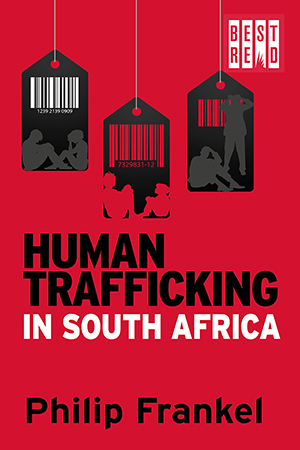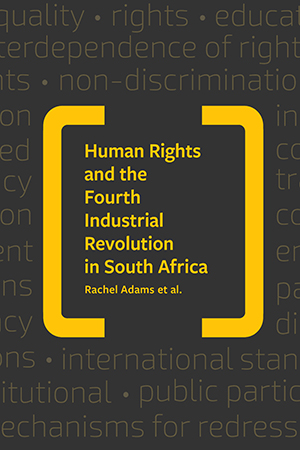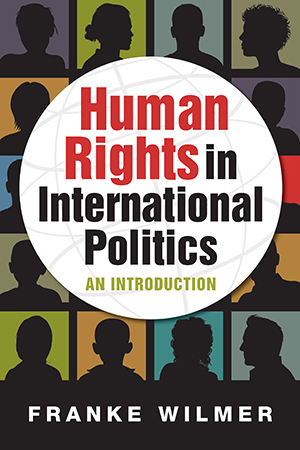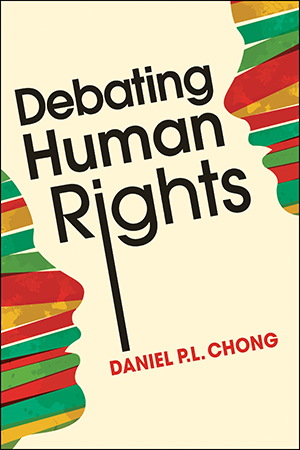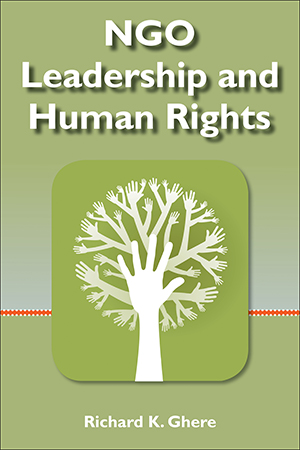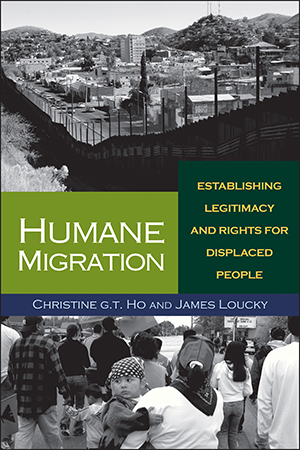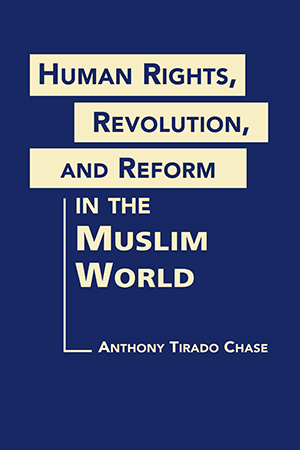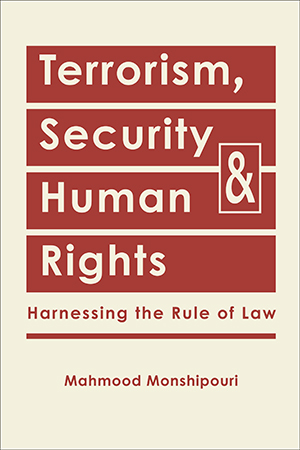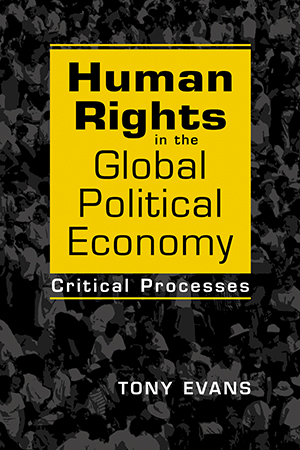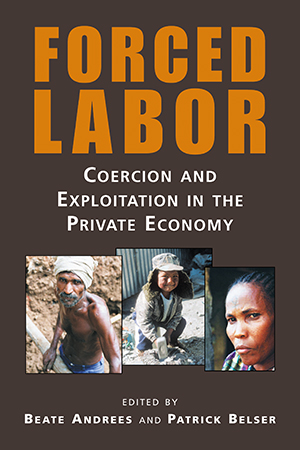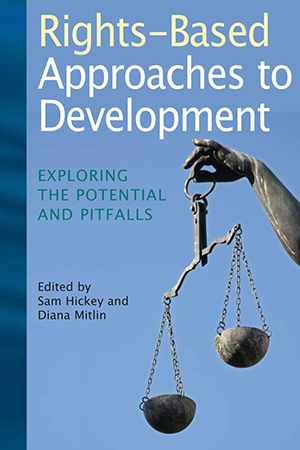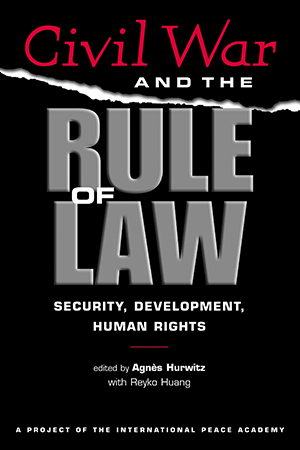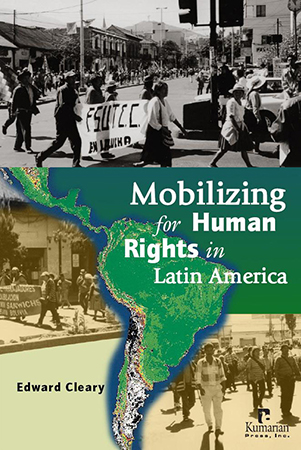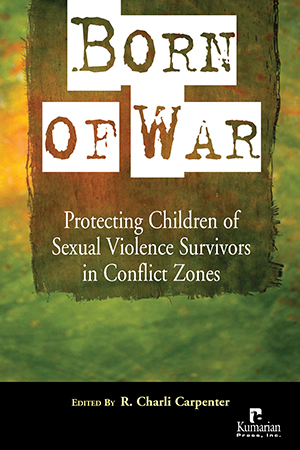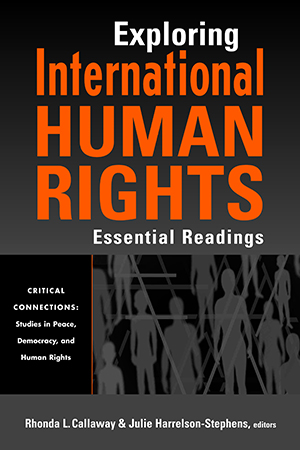Human Rights (all books)
South Africa has the unfortunate distinction of being one of the top-ten worldwide routes for trafficking in persons, or TIP, a massive phenomenon fueled by poverty, forced migration, More >
The Fourth Industrial Revolution (4IR), characterized by the growing utilization of new technologies, unquestionably is ushering in innovative solutions to myriad development challenges. At More >
This comprehensive introduction to the study of human rights in international politics blends concrete developments with theoretical inquiry, illuminating both in the process. Franke More >
Even as human rights provide the most widely shared moral language of our time, they also spark highly contested debates among scholars and policymakers. When should states protect human More >
Richard Ghere provides a comprehensive survey of NGO involvement in a human rights based approach to leadership, organization, management, and performance. Ghere points to how any NGO, More >
Humane Migration offers a fresh look at the debate on international migration, particularly in the United States, Canada, and Europe. Arguing that migration should be considered a More >
Do human rights inform the nature of politics in the Muslim world today? If so, how? And perhaps more fundamentally, why? Linking these questions in a provocative way, Anthony Tirado Chase More >
Scholars and policymakers disagree on the most effective way to counter transnational terrorism, generating debate on a range of questions: Do military interventions increase or decrease the More >
Tony Evans critically investigates the theory and practice of human rights in the current global order. Evans covers a range of contentious debates as he considers critiques of the More >
Two centuries after the abolition of the transatlantic slave trade, at least 12.3 million people are subjected to modern forms of forced labor—in rich countries, as well as poor More >
Rights-Based Approaches to Development explores the impact of the shift from a market-based to a rights-based framework for development efforts. Drawing on their own experiences, the More >
How do rule of law programs contribute to conflict management? What strategies best address the challenges to securing the rule of law in fragile countries? What place do rule of law More >
In this follow-up to his widely read The Struggle for Human Rights in Latin America, Edward Cleary examines some of the robust human rights movements of the past two decades. More >
Born of War reveals the multiple impacts of armed conflict on children born of wartime rape and sexual exploitation—and calls for greater consideration of this group in international More >
Bringing together key selections that represent the full range of philosophical debates, policy analyses, and first-hand accounts, the editors offer a comprehensive and accessible set of More >


